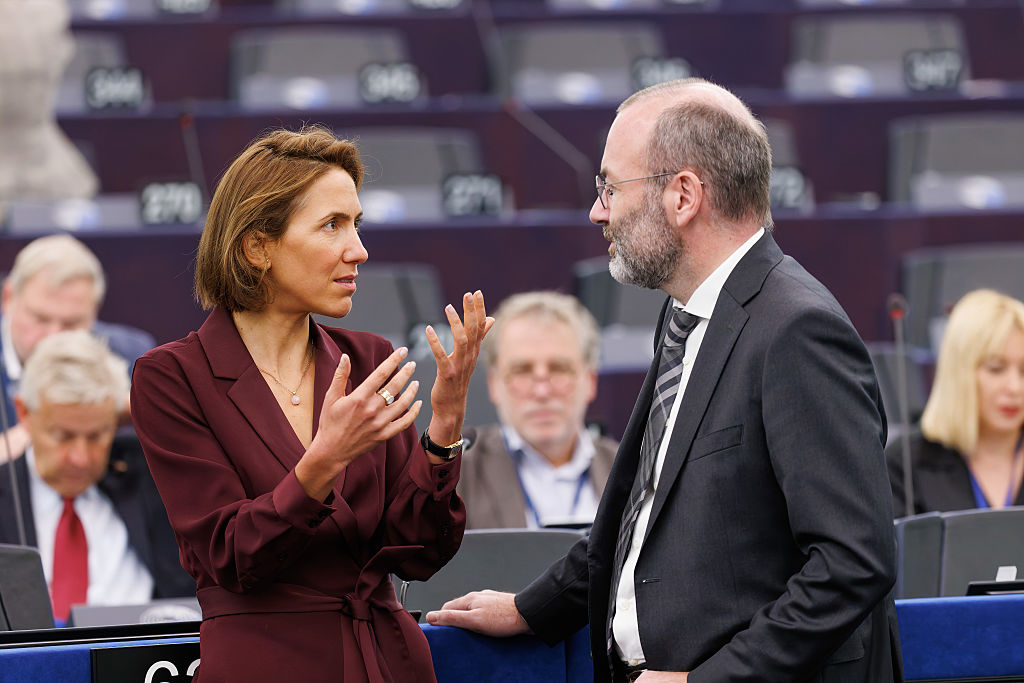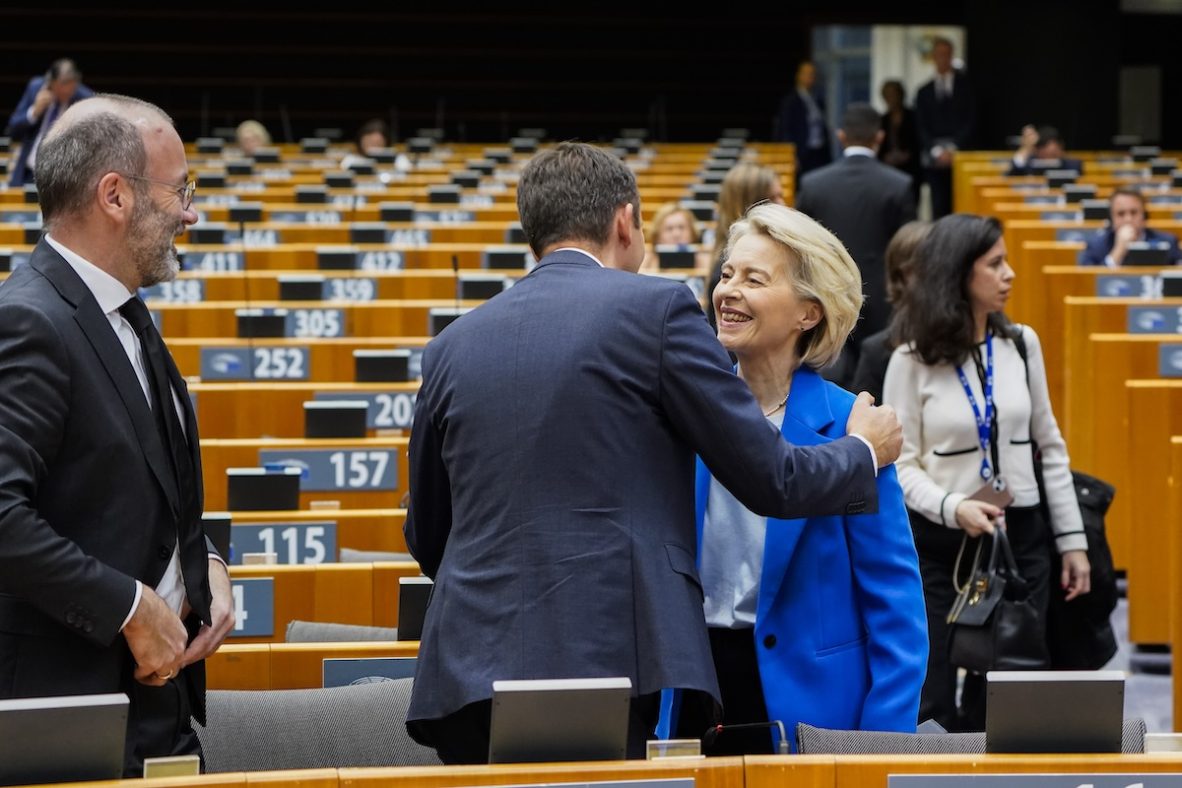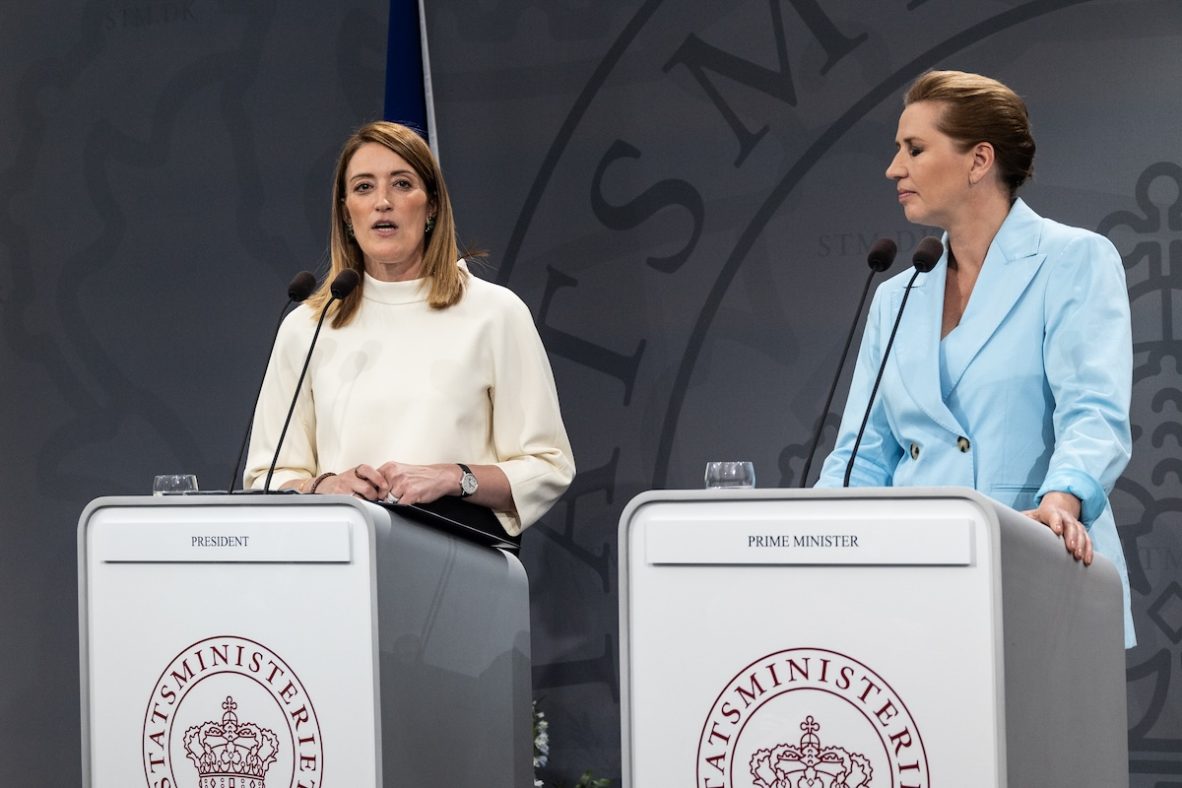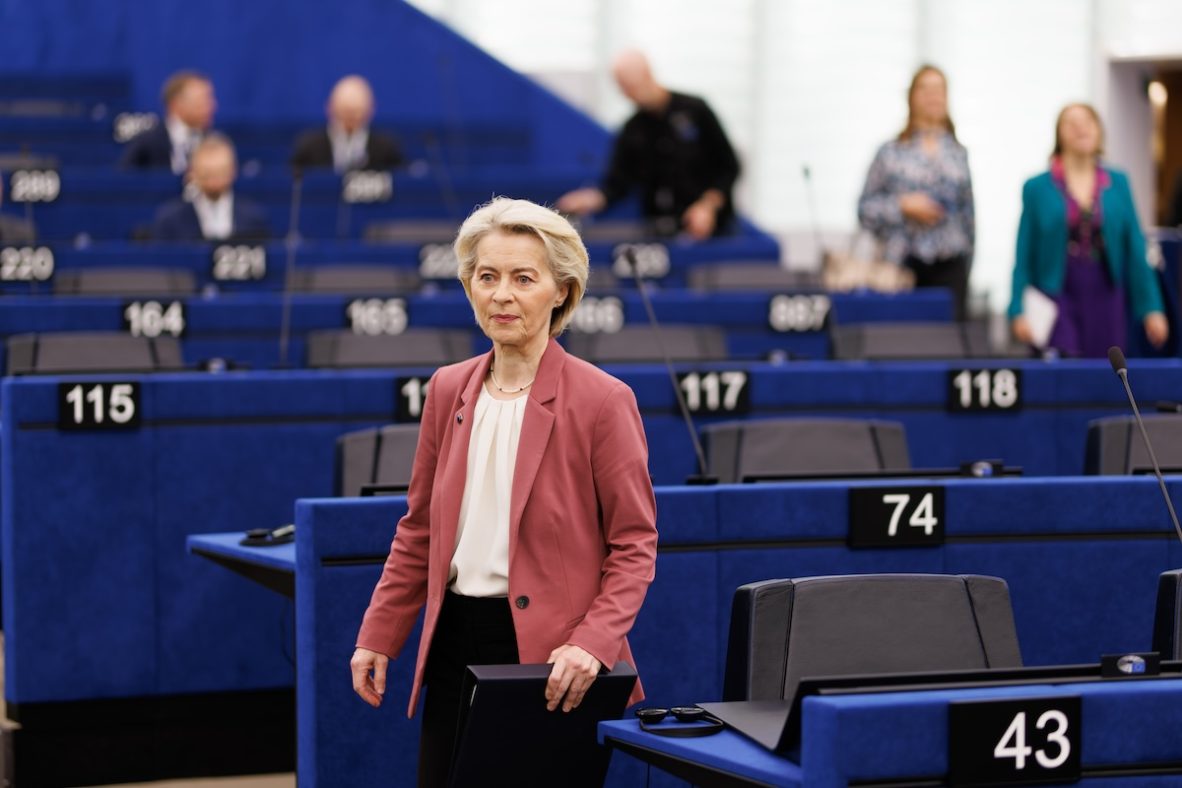EU budget: Parliament outlines seven demands in letter to von der Leyen
Parliamentarians are threatening to block talks unless changes are made by 12 November

The four political groups backing European Commission President Ursula von der Leyen in the European Parliament threatened on Thursday to block negotiations on the next EU’s €2 trillion budget, unless seven key changes are made to the original proposal.
The Commission put out its plan in July to overhaul the bloc’s seven-year budget, set to run from 2028 to 2034. The proposal foresees a merger of regional and farmer subsidies into €865 billion centralised national plans – much to the dismay of regions, farmers, farm ministers and EU lawmakers.
EU lawmakers are threatening to block talks unless changes are made by 12 November, when lawmakers will debate the proposal at a plenary session in Brussels.”The European Parliament cannot accept this as a basis for starting negotiations,” reads a letter sent to von der Leyen and obtained by Euractiv.
The text lays out seven demands for amendments to the proposed national plans. Signed by the leaders of von der Leyen’s own European People’s Party, the Socialists and Democrats, liberal Renew Europe, and the Greens/EFA, along with the Parliament’s lead budget negotiators.
“We therefore look forward to seeing our key requests meaningfully reflected in an amended proposal of the European Commission, which would allow the negotiations with the European Parliament to move forward,” they said.
The Parliament’s co-lead negotiator Siegfried Mureșan told Euractiv on Monday that the parties had agreed on common demands, adding that the Commission was ready “on the technical level” to revise the budget blueprint.
In the Thursday letter, lawmakers warn that large amounts of unallocated funds could lead to “fragmentation, de-solidarisation and the financing of 27 disparate national plans”.
They further want to maintain the role of regions and local authorities in overseeing regional subsidies, which would be shifted to national governments under the new plan.
In addition, MEPs warn of a “democratic deficit” if regional subsidies were to become conditional on whether their national governments are on track to implement Brussels-approved reforms – a so-called “reform-for-cash-model”.
Brussels to Europe: Make reforms or lose access to next EU budget
EU member states will have to meet “milestones and targets” to receive payouts from the…
3 minutes

The four groups demand that the Common Agricultural Policy, which ensures a level playing field for EU farmers, be kept separate, and they want a stronger role for the Parliament in approving and revising EU countries’ spending plans. These plans are to be negotiated between the national capitals and the EU executive, according to the Commission’s current proposal.
The budget negotiations are still in their early stages, and EU countries are currently evaluating the Commission’s proposal and are set to put their own amendments forward in 2026. The Parliament has the power to reject the final budget version, which is expected to be ready in early 2027.









